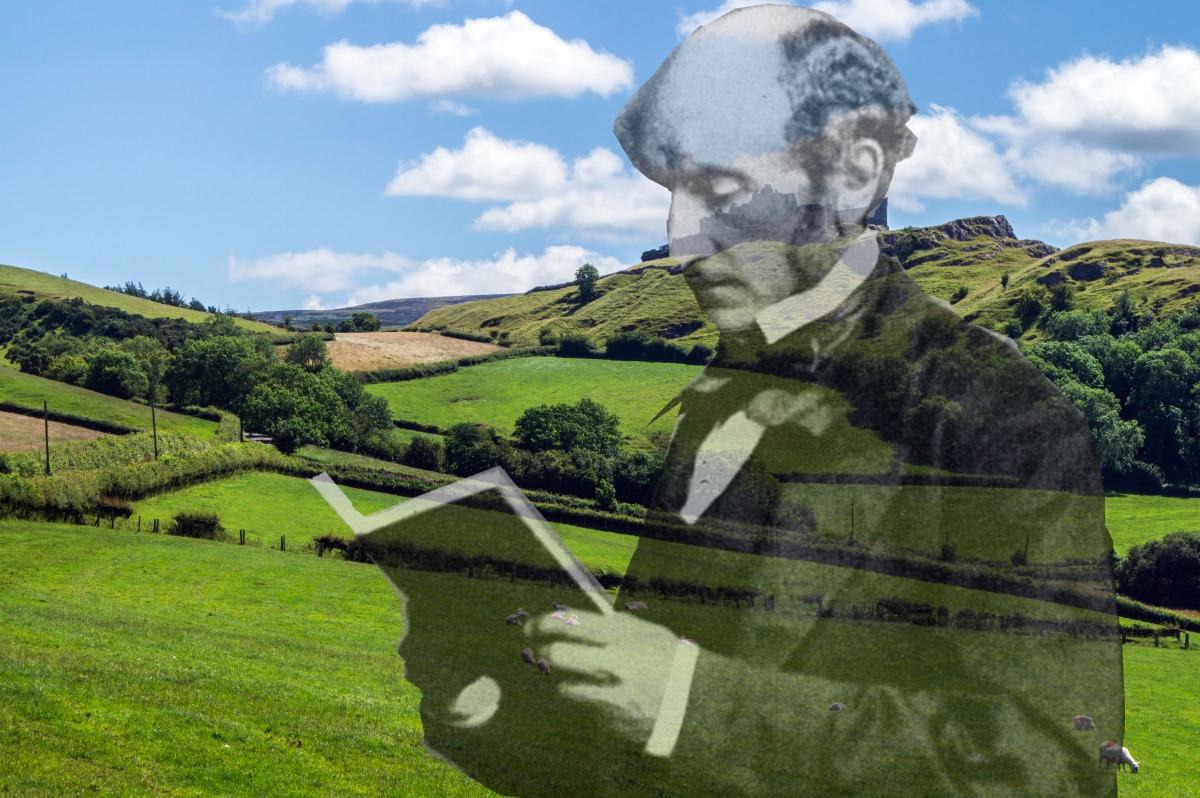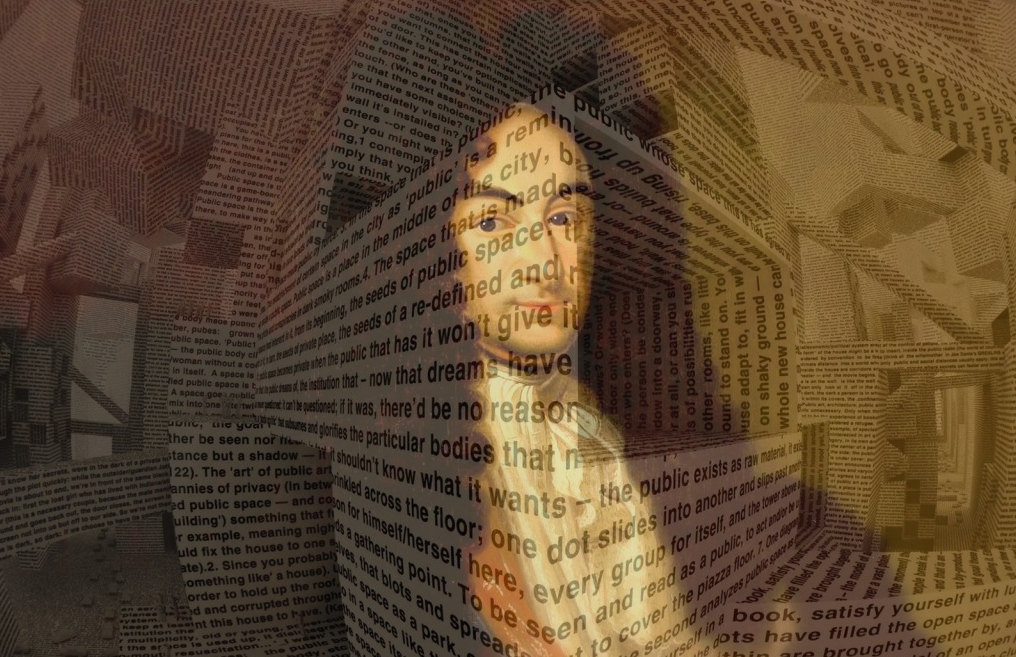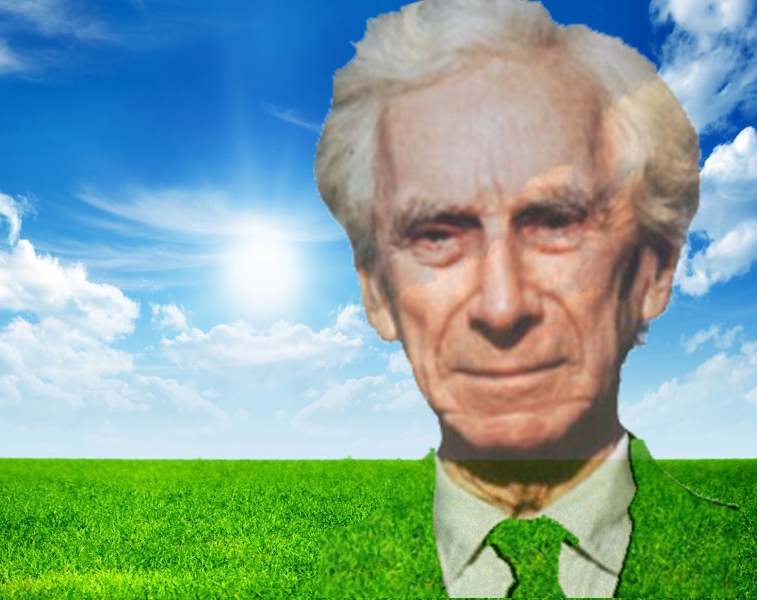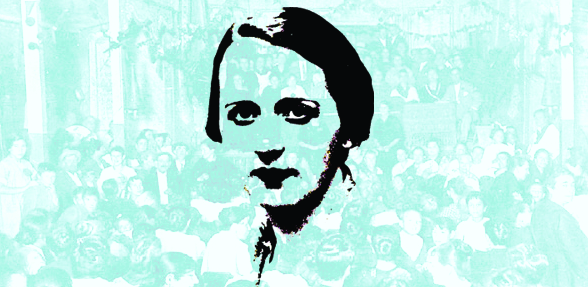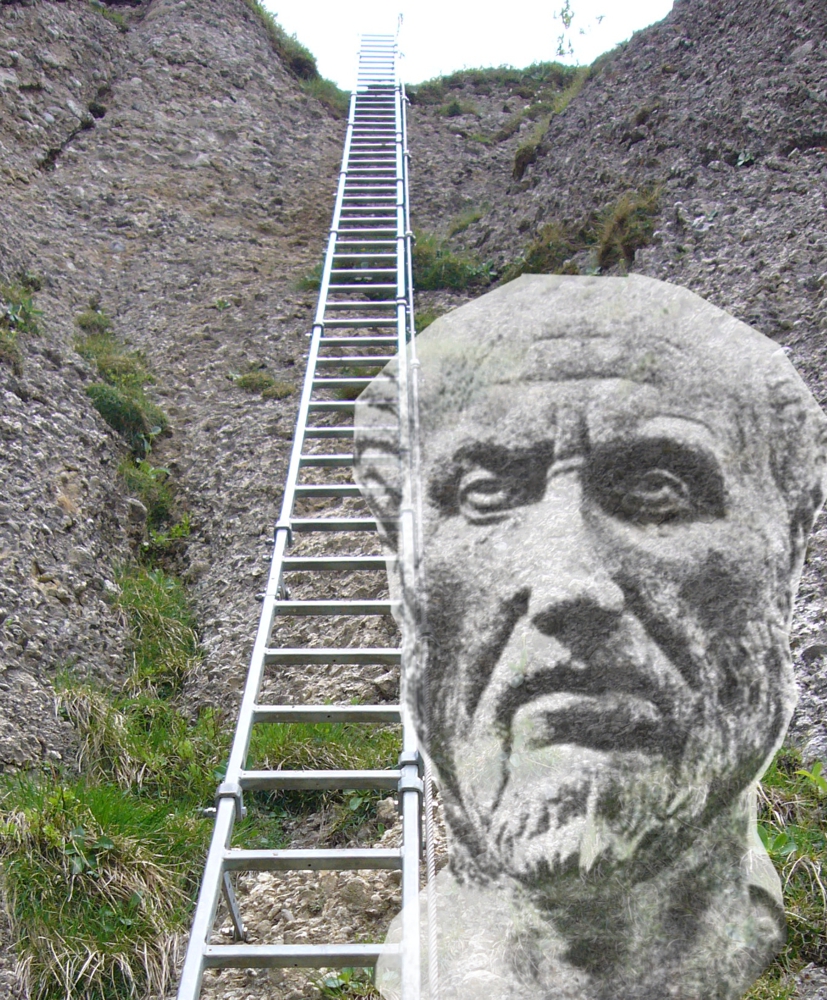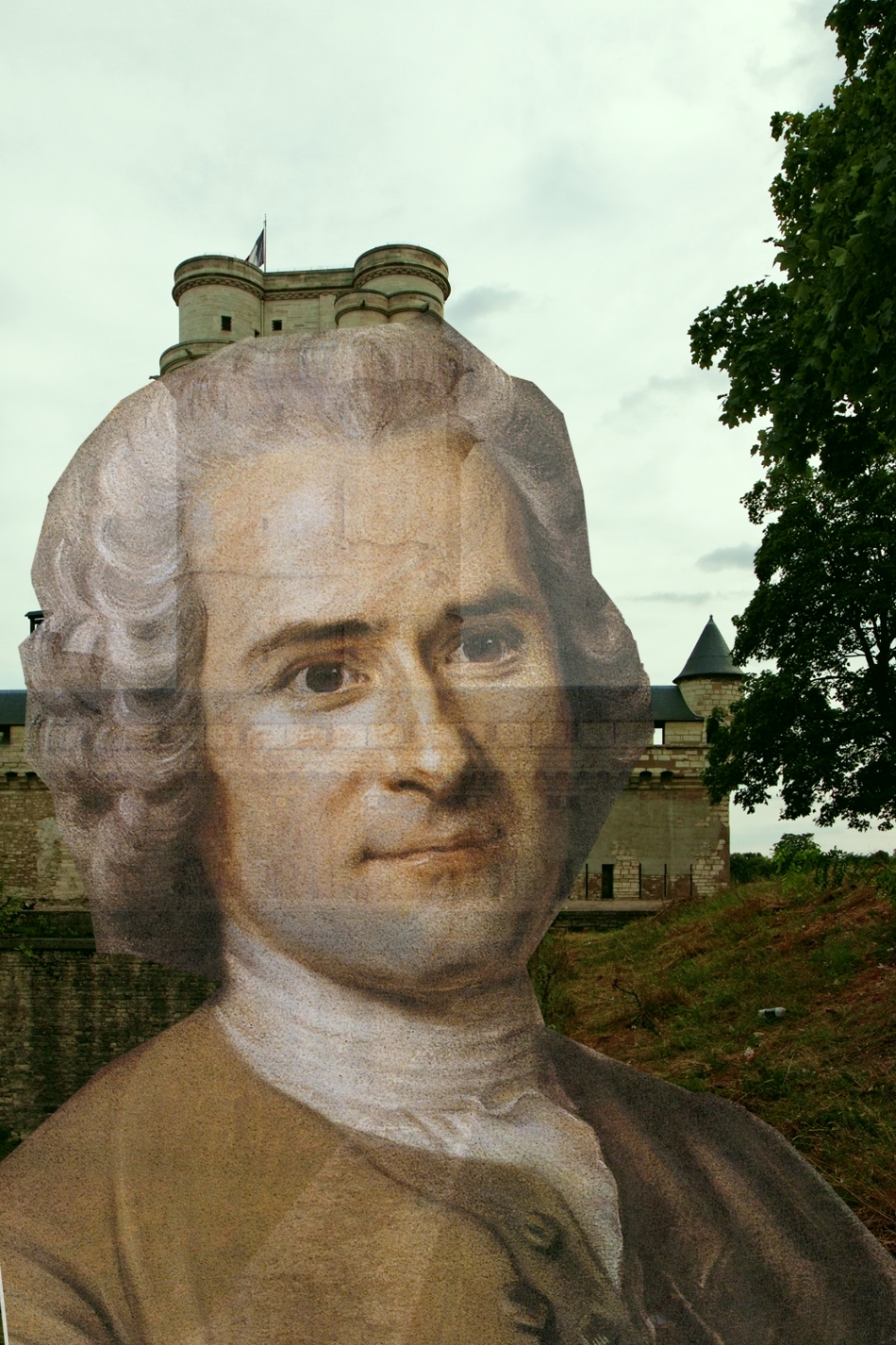|
PHILOSOPHICAL EXPERIENCES What is a philosophical experience? It is an experience that touches us with a profound philosophical insight. It is, in other words, a moment that connects between the personal and the philosophical, between my particular life-story and a fundamental issue of life. It is a conversation between me and the greater horizons of reality, between the little wave and the big ocean. |
G.E.M. Anscombe – How Wittgenstein cured me |
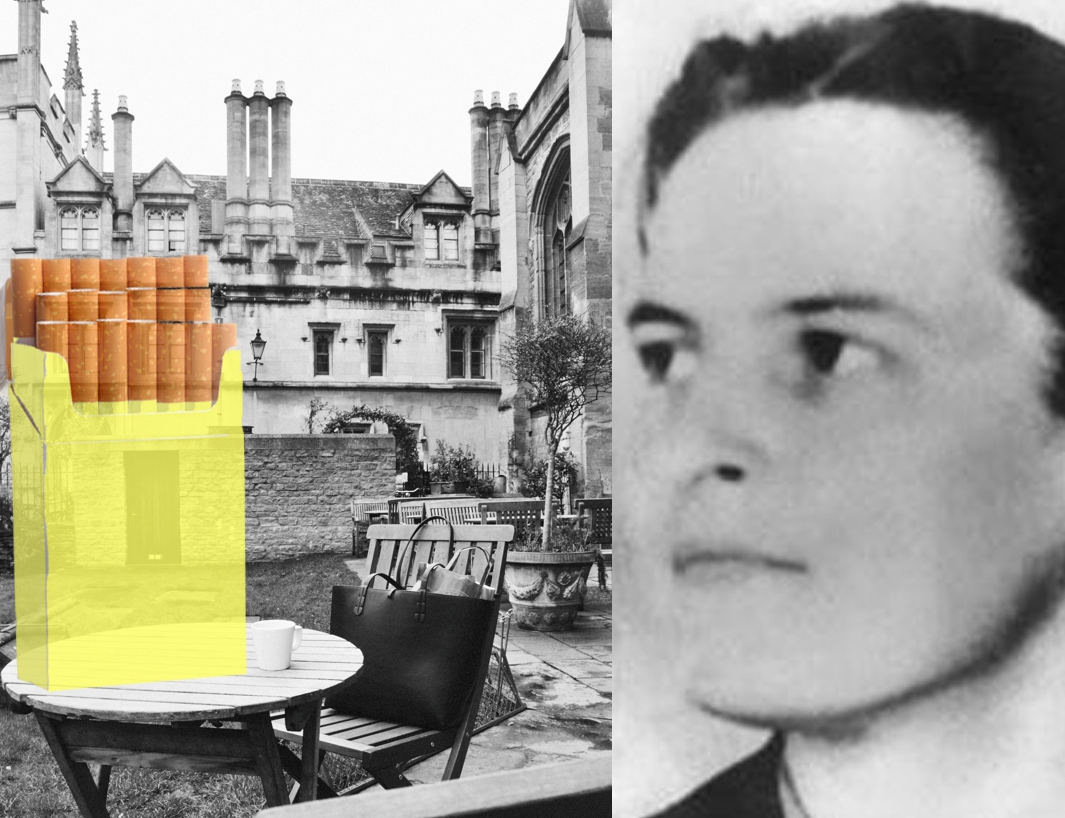
Elizabeth Anscombe (1919-2001) (usually called G.E.M. Anscombe), was an important British philosopher in the analytic tradition. She was born in England, and at the age of 14 converted to Catholicism, to which she remained devout all her life. She married a fellow philosopher, Peter Geach, while studying classics and philosophy at Oxford. She then studied at Cambridge University and took classes with Wittgenstein, who influenced deeply her way of philosophizing. She later became a Professor of Philosophy at Cambridge, and published important essays on ethics, political philosophy, philosophy of mind and of action, and other topics. She died in Cambridge at the age of 81.
The following passages are from her introduction to her book Ethics, Religion and Politics: Collected Philosophical Papers (1981). Here she describes her early struggles with the topic of philosophy of perception, especially with the theory of Phenomenalism (not to be confused with Phenomenology). This is a radical empiricist theory, which says that we do not really see physical objects, we only experience sense-perceptions: We experience a color-sensation of a red patch – we do not see a mailbox; we experience a sensation of a blue expanse – we do not see the sky; and so on. Wittgenstein opposed this theory because he rejected the idea of private sensations, arguing that language and meaning must be public, since they are grounded in the practices of a community of speakers. For him, this was a philosophical confusion that had to be cured. Anscombe describes here how he cured her of this theory: He pointed out that she is confusing talking about surfaces with talking about private color-sensations.
"My first strenuous interest in philosophy was the topic of causality. I didn’t know that what I was interested in belonged to philosophy. As a result of my teen-age conversion to the Catholic Church – itself a fruit of reading done from twelve to fifteen – I read a work called Natural Theology by a nineteenth-century Jesuit. I read it with great appetite and found it all convincing – except for two things. One was the doctrine of Scientia media, according to which God knew what anybody would have done if, for example, he hadn’t died when he did […]
The other central philosophical topic which I got hooked on [=addicted to] without even realizing that it was philosophy, was perception. I read a book by Fr. Martin D’Arcy, S.J., called The Nature of Belief and got just that out of it. I was sure I saw objects, like packets of cigarettes or cups […] For years I would spend time, in cafés for example, staring at objects and saying to myself: “I see a packet. But what do I really see? How can I say that I see here anything more than a yellow expanse?” [...]
I always hated phenomenalism and felt trapped by it. I couldn't see my way out of it, but I didn't believe it. It was no good pointing to difficulties about it – things which Russell found wrong with it, for example. Its strength, its central nerve remained alive and raged achingly [=painfully]. It was only in Wittgenstein's classes in 1944 that I saw the nerve being extracted, the central thought “I have got this, and I define ‘yellow’ as this” being effectively attacked.
At one point in these classes, Wittgenstein was discussing the interpretation of the sign-post, and it burst upon me [=it struck me] that the way you go by it [=the way you follow the sign-post] is the final interpretation. At another [point] I came out with [=I said]: “But I still want to say: Blue is there.” Older hands [=more experienced students] smiled or laughed, but Wittgenstein checked them by taking it seriously, saying: “Let me think what medicine you need… Suppose that we had the word ‘painy’ as a word for the property of some surfaces.” The ‘medicine’ was effective, and the story illustrates Wittgenstein’s ability to understand the thought that was offered to him in objection."
Posted in December 2017
By accepting you will be accessing a service provided by a third-party external to https://agora.practicafilosofica.de/
|
RECENTLY PUBLISHED PHILOSOPHICAL EXPERIENCES |

